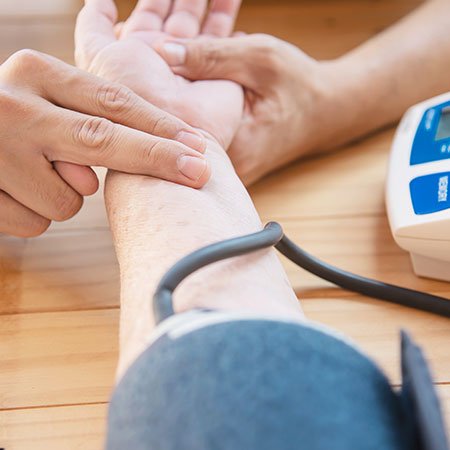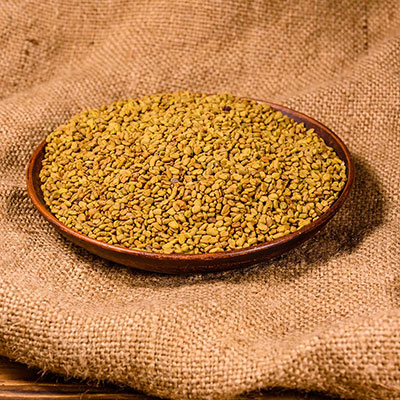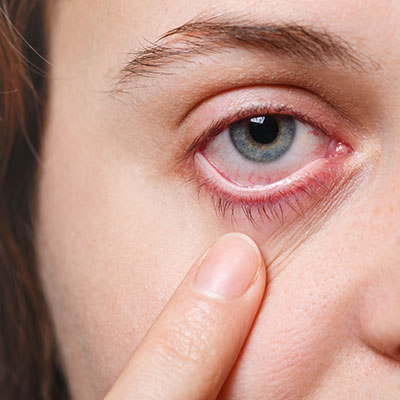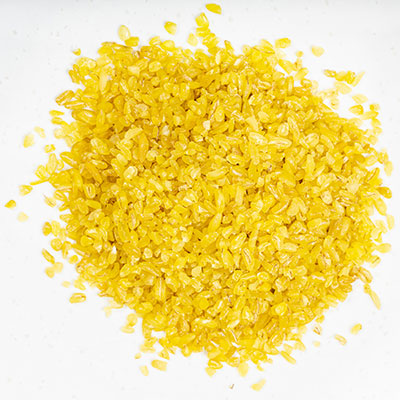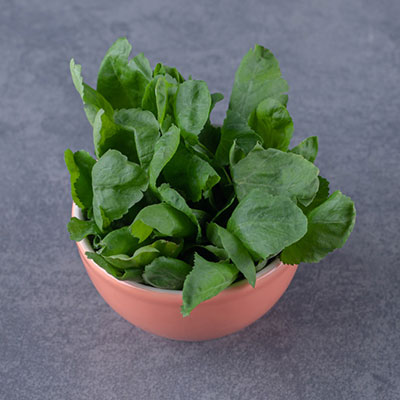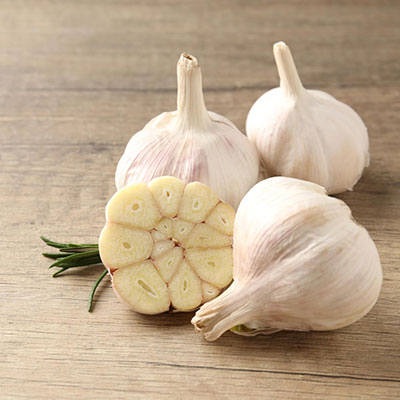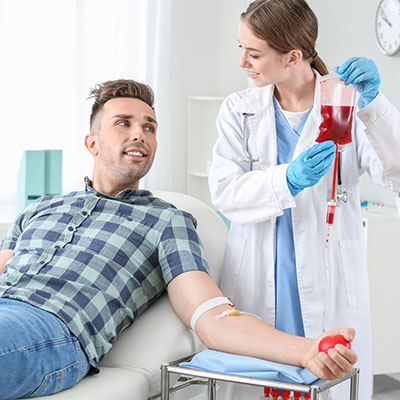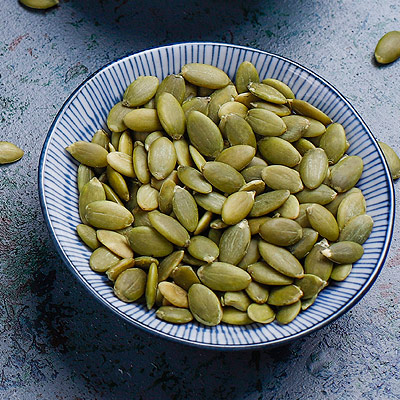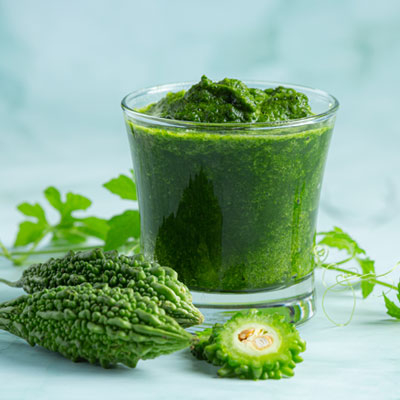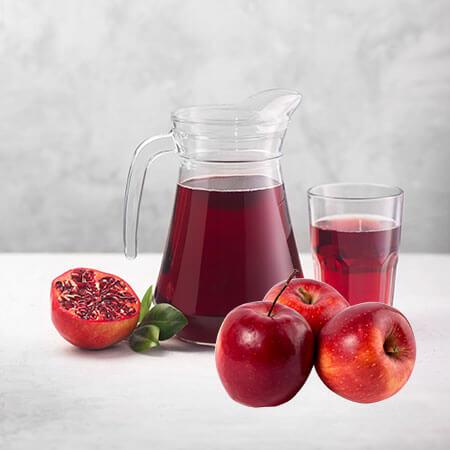A blood pressure reading provides you the measure of the force with which the blood passes into the arteries. This reading helps you learn the pressure that the blood exerts on the walls of the arteries when it flows through them. If the blood rushes through the arteries with excessive pressure then it is called as high blood pressure. in this article we will discuss the symptoms, causes and high blood pressure treatment.
This condition causes severe destruction to the blood vessels. Though, there are no visible symptoms that indicate about this condition, regular blood pressure check is the only way to know whether you have high blood pressure and perform the necessary preventive action.
About High Blood Pressure
Your heart is a vital muscle in the body that works by pumping blood to all the parts of the body. Blood delivers oxygen and nutrients to the vital organs, ensuring their proper functioning in the body. Sometimes, an existing issue in the body like narrowing of arteries can make it difficult for your heart to push the blood.
This resistance level that blood meets while passing through the arteries is directly proportional to the width of the arteries. Blood vessels that are narrow, provides more resistance to the blood flow and so blood has to pass through them with more pressure. High blood pressure, also called as hypertension is a condition that happens when the arteries becomes extremely narrow that blood pressure rises to unhealthy levels.
This condition takes several years to develop. If it continues for extended period of time without any treatment then it can cause permanent destruction to the blood vessels. Persistent high blood pressure can damage vital organs of the body such as the brain, eyes, kidneys, and heart.
Early detection is important to reduce high blood pressure at the initial stages so that it does not lead to damage to other organs of the body. Hypertension is treated by way of prescription medication as well as healthy changes in lifestyle.
Understanding high blood pressure readings
Blood pressure measurement indicates you how much blood passes through the blood vessels/ arteries and the level of resistance that it meets while the heart is in the pumping stage. It is measured in units of millimeters of mercury (mm Hg).
Two numbers form a blood pressure reading:
-
Systolic pressure
This is the pressure in the blood vessels when the heart contracts and pumps out blood.
- If the value of this reading is below 120 mm Hg, then it is ‘Normal’.
- In case of ‘Elevated blood pressure’, the value of this reading is between 120 mm Hg and 129 mm Hg.
- A person is termed as in ‘Stage 1 high blood pressure’, when the value is between 130 mm Hg and 139 mm Hg.
- ‘Stage 2’ arises when the reading goes beyond 139. When the value goes beyond 180, it gives rise to high blood pressure crisis situation.
-
Diastolic pressure
This is the next reading taken into consideration when determining blood pressure in a person. It represents the blood pressure recorded at the time when the heart is in the resting state between two consecutive beats.
- Diastolic pressure in people who have ‘Normal’ and ‘Elevated’ level blood pressure is below 80 mm Hg.
- In ‘Stage 1’, its value is recorded between 80 mm Hg to 90 mm Hg.
- When it reaches over 90 mmHg, then it gives rise to ‘Stage 2’ high blood pressure.
- In high blood pressure ‘CRISIS’ situation, Diastolic pressure is recorded to be more than 120 mm Hg.
Note: Blood pressure reading is different for a teenager, and a child. So, it is always advised to ask the child’s doctor to define the healthy ranges of blood pressure for the child.
Doctors usually treat elevated conditions of blood pressure by encouraging people to adopt lifestyle changes. It will help in bringing down their readings to normal levels. Stage 1 and Stage 2 high blood pressure conditions are treated using medication.
High blood pressure CRISIS situation is treated as an emergency and requires urgent medical care. A person may face acute chest pain, shortness of breath, loss of visionary power, and headache in this stage.
Symptoms of High blood pressure
High blood pressure is viewed as a silent killer, that does not show any visible signs at the initial stage. In case of high blood pressure crisis, when the readings are measured as 180/120 mm Hg, you will notice following symptoms:
- headache
- vomiting
- nausea
- faintness
- blurred vision
- bleeding from nose
- heart palpitations
- shallow breaths
On coming across these symptoms, you need to immediately seek assistance of the doctor.
Symptoms of High Blood Pressure in Pregnancy
Preeclampsia is one of the signs of high blood pressure in pregnant women. This is a risky condition that can adversely impact the expecting mother as well as her unborn baby.
Preeclampsia is identified as:
- headaches
- changes in the vision
- pain in abdomen
- edema-induced swelling
To save from this condition, it is required for pregnant women to perform regular health checks, and consume medicines as specified by the doctor.
Causes of High Blood Pressure
High blood pressure can be genetic or due to specific changes that happen in the body. Based on how they occur in a person, this condition is classified into two main groups:
1. Primary hypertension
Primary hypertension, is common type of high blood pressure that develops gradually with passing time without any identifiable cause. Some of the factors that leads to it are
- Genetics,
- Obesity
- Age-induced deformed kidney function that upsets the natural balance of fluid, and salts in the body. This can lead to rise in the blood pressure in the body.
- Unhealthy lifestyle: High fat diet, alcohol, smoking, tobacco, and lack of physical activity can lead to weight gain that can increase risk of developing hypertension in the body.
- Use of certain medicines can also raise blood pressure in a person.
2. Secondary hypertension
This type of high blood pressure occurs fast and can get chronic than primary hypertension. Following conditions can lead to secondary hypertension:
- kidney disease
- congenital heart defects
- alcohol addiction
- thyroid gland disorders (hyperthyroidism, and hyperthyroidism)
- consumption of unethical drugs
- obstructive sleep apnea
- side effects of medicines
- adrenal gland related issues
- specific endocrine tumors
- obesity
- metabolic syndrome like type 2 diabetes
- scleroderma
- lupus
- congenital conditions that includes acromegaly, pheochromocytoma, and Cushing’s syndrome,
Side Effects Related To High Blood Pressure
Blood pressure has to be normal for maintaining sound functioning of the body. When it increases, it severely affects various vital organs of the body:
- The cardiovascular system: Arteries tend to become hard, and increases the danger of a blockage.
- The heart: Reduced blood circulation to the heart increases the chances of angina, and a heart failure.
- The brain: Blocked arteries can reduce or stop flow of blood to the brain, thereby leading to a stroke.
- The kidneys: Increased blood pressure causes damage to kidneys and severe kidney ailments.
How to detect High Blood Pressure?
The quickest and the simplest way to diagnose high blood pressure is by taking a blood pressure reading. The device that doctor use to measure blood pressure is called a manual sphygmomanometer along with a stethoscope. Now there are digital devices available in the market, with which a person can easily measure his blood pressure at home.
However, your doctor won’t form the decision just by taking one reading. He will take a couple of readings for some weeks to arrive at conclusion. This because there are several factors that can lead to increased blood pressure.
- Time of the day: Blood pressure is recorded differently at different times in the day.
- Stress and anxiety: A person who is tensed or stressed can have temporary high blood pressure
- Food consumption: Blood pressure can vary before and after eating the meal
Due to these reasons, your doctor will perform a few more tests to rule out any of the above conditions. Some of the additional tests that helps in confirming a diagnosis are:
- Urine tests will show signs of urinary tract infection or kidney disorder.
- Exercise stress test: This test records the blood pressure of a person before, during, and after using a treadmill. The reading of the test gives important hint related to heart health.
- Electrocardiogram: It is the fundamental test that shows electrical activity in the heart. It can indicate about signs of development coronary artery disease and thickening of the walls of heart.
- Holter monitoring: This test is performed by using an ECG portable device that connects to the person’s chest via electrodes. This test summarizes changes in blood pressures during the various activities he performs throughout the day.
- Echocardiogram: This test uses ultrasound waves to diagnose issues such as thickening of the wall of the heart, malfunctioning of the heart valves, clotting of the blood, and flow of fluid around the heart.
These tests also look at the varying impact of high blood pressure on various organs of the body.
What are the Risk factors associated to High Blood Pressure?
There are specific set of people who are more susceptible to developing high blood pressure in the person. These factors are:
- Age: With passing age, your blood vessels lose its flexibility.
- Heredity: If any of your close family members has high blood pressure, then you are at greater risk to develop it.
- Obesity: People who are overweight, or obese are prone to developing high blood pressure.
- Sedentary lifestyle: If your lifestyle doesn’t require any movement then also you are at more risk of developing this condition.
- Smoking: It narrows the blood vessels, that causes an increase in blood pressure. It also lowers oxygen level in blood due to which the heart has to pump at a faster rate. This is another key reason for high blood pressure.
- Alcohol: It increases the danger of high blood pressure and complications linked to it.
- Unhealthy Diet: People who frequently eat salt, and unsaturated fats have more chances of getting high blood pressure.
- High cholesterol: It is closely linked to high blood pressure. Eating unhealthful fats can cause cholesterol to buildup in the arteries and cause high blood pressure.
- Persistent chronic stress: It is a major cause that can lead to high blood pressure, and several other chronic ailments in the body.
- Type 1 Diabetes: People who have Type 1 Diabetes are prone to developing high blood pressure.
- Pregnancy: Due to hormonal changes in pregnancy, a lot of pregnant woman are seen to suffer from preeclampsia that indicates high blood pressure.
- Sleep apnea, where a person temporarily stops breathing during sleep can also lead to high blood pressure.
Ways of High Blood Pressure Treatment
From lifestyle changes, to medicines, and medical treatment, your doctor can prescribe you various treatments to monitor and control high blood pressure. The type of treatment depends on the type of high blood pressure, its cause, its severity, any complications, and existing medical condition.
Primary high blood pressure
In most cases, this type of high blood pressure gets cured by bringing lifestyle changes. If it doesn’t, then the doctor may prescribe medication.
Secondary high blood pressure
To treat this type of condition, your doctor may encourage you to develop a healthy lifestyle and prescribe below medications to bring blood pressure to safe levels.
1. Angiotensin converting enzyme (ACE) inhibitors
Angiotensin converting enzyme inhibitors hinder the actions of hormone “Angiotensin II” to regulate the blood pressure in the body. This hormone causes tightening in the arteries and increases blood volume that, in turn, results in increased blood pressure.
2. Calcium channel blockers
This medication prevents some amount of calcium to enter into the blood vessels of the heart. It causes these vessels to relax, and widen, and reduce the blood pressure.
3. Thiazide diuretics
Excess fluid, and high sodium content can elevate blood pressure in the body. Diuretics help in removing excess amount of sodium from the body in the form of urine to lower blood pressure in a person.
4. Renin inhibitors
Renin is an enzyme produced by the kidneys that narrows arteries and increases blood pressure in the person. Renin inhibitors help in reducing the action of this enzyme in the body and thereby reduces blood pressure.
5. Alpha-2 agonists
This medication modifies the nerve impulses that tightens the arteries in the heart. By modifying these impulses, blood vessels become relaxed and blood pressure is reduced.
Home remedies for high blood pressure treatment
Lifestyle changes is the first line of action to control high blood pressure. Here are some effective ways that controls high blood pressure effectively and improve overall health.
- A well-balanced diet : Consume less animal-based foods, and more plant-based foods. Includes vegetables, fruits, nuts, seeds, dark chocolate, vegetable oils, omega oils, lean proteins like fish, low-fat dairy products, beans, unrefined carbs like whole grains in your diet. Refrain from red meat, processed foods, and saturated fats and trans fats.
- Reduce salt intake and increase potassium intake to lower systolic blood pressure. Keep your daily sodium consumption between 1,500 mg and 2,300 mg per day. Avoid pre-packaged, and restaurant foods as it is high in sodium.
- Cut back on sugary foods, and sweetened beverages as they are loaded with calories, and devoid of nutritional content.
- Increase physical activity to shed pounds, reduce stress, strengthen cardiovascular system, and reduce blood pressure naturally.
- Attain a healthy weight by increasing physical activity, managing stress, and adopting healthy diet.
- Managing stress by taking adequate sleep, and performing stress-lowering methods such as meditation, massage, muscle relaxation, yoga, and deep breathing techniques.
- Adopt a cleaner lifestyle by stopping smoking, and alcohol consumption
- Perform regular blood pressure checkups and keep a log of the blood pressure readings.
Conclusion
High blood pressure has become a very common ailment that is prevalent in the world today. This condition gives rise to deadly complications that includes heart failure, stroke, vision loss, kidney ailments and other health issues. By being aware of its causes, adopting a healthy lifestyle, and treating it at the early stages, one can easily manage it.
If you liked this post, then do share it with your friends on social media. Also, you can write to us any of your queries, suggestions, and comments. We will be happy to address them soon.
